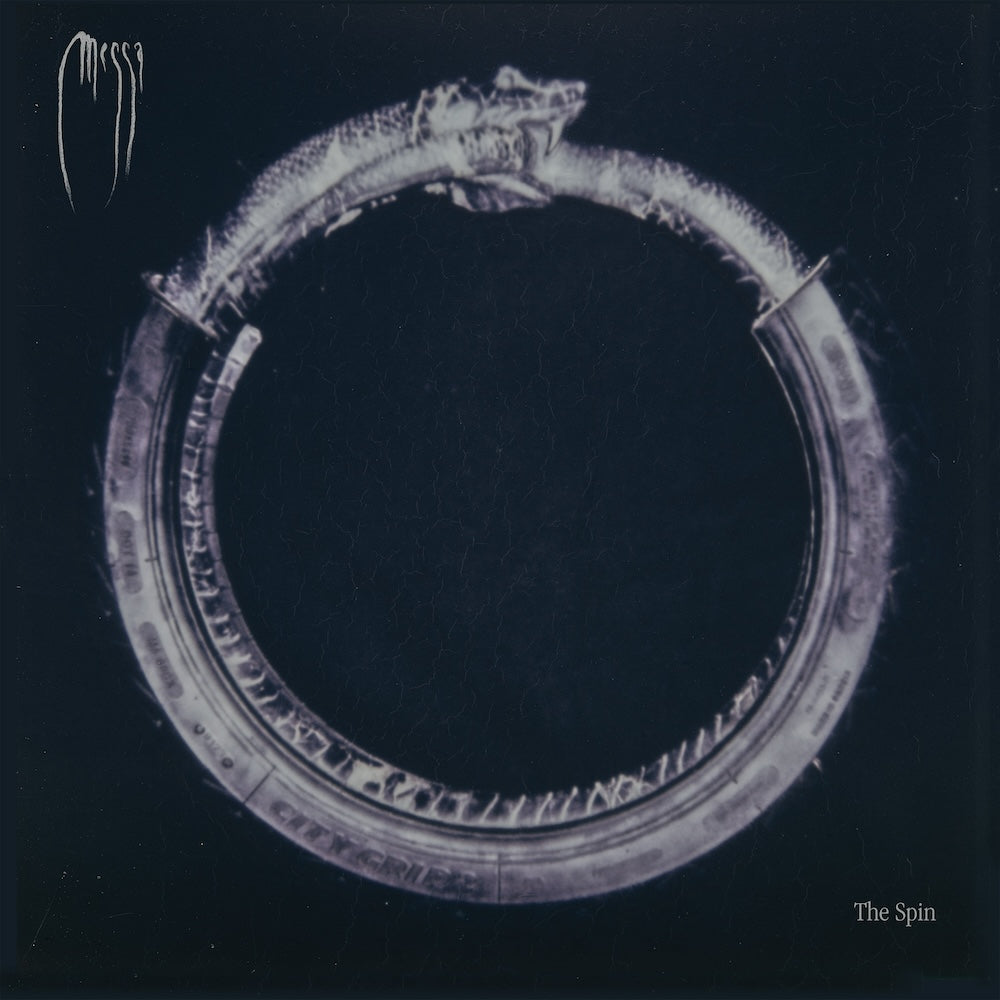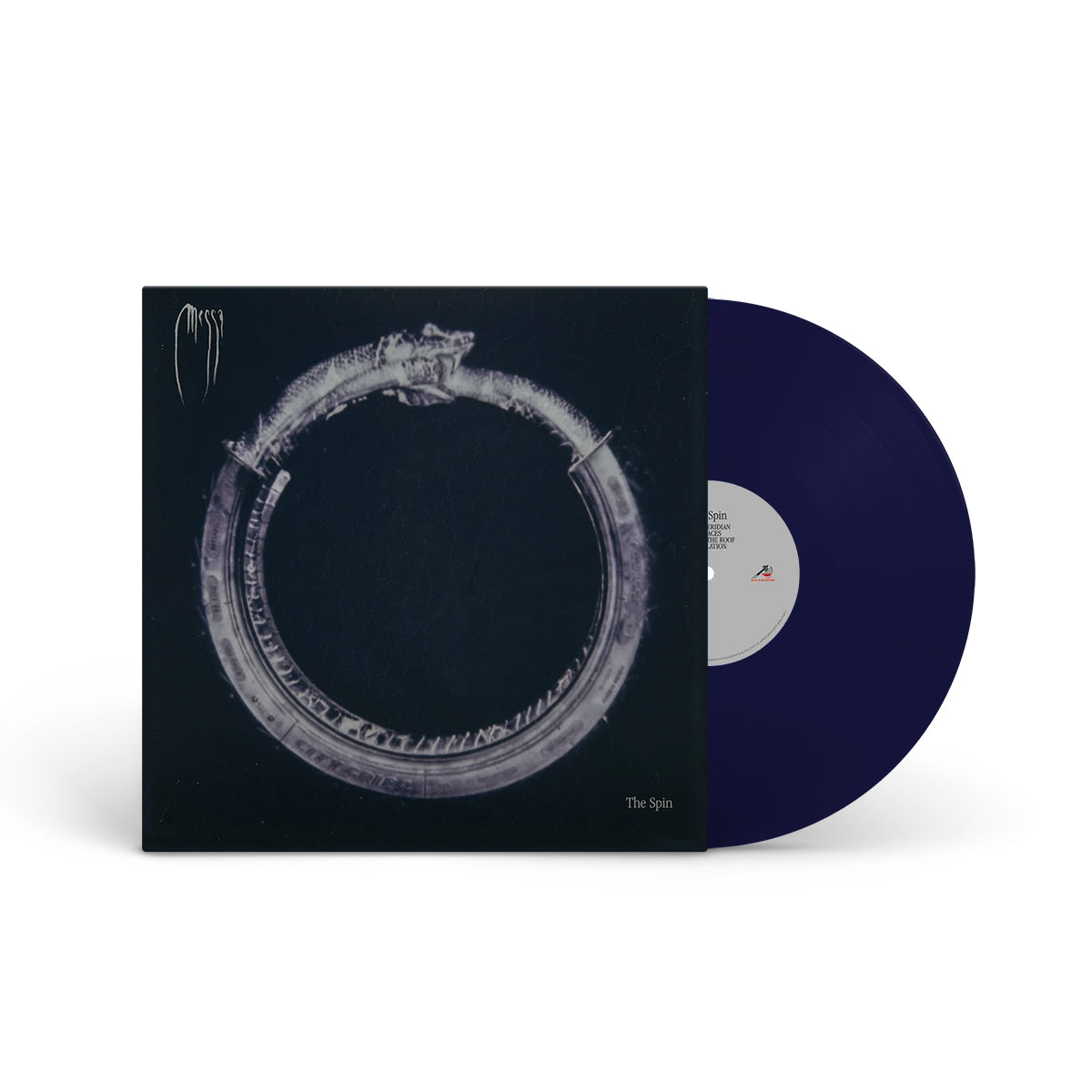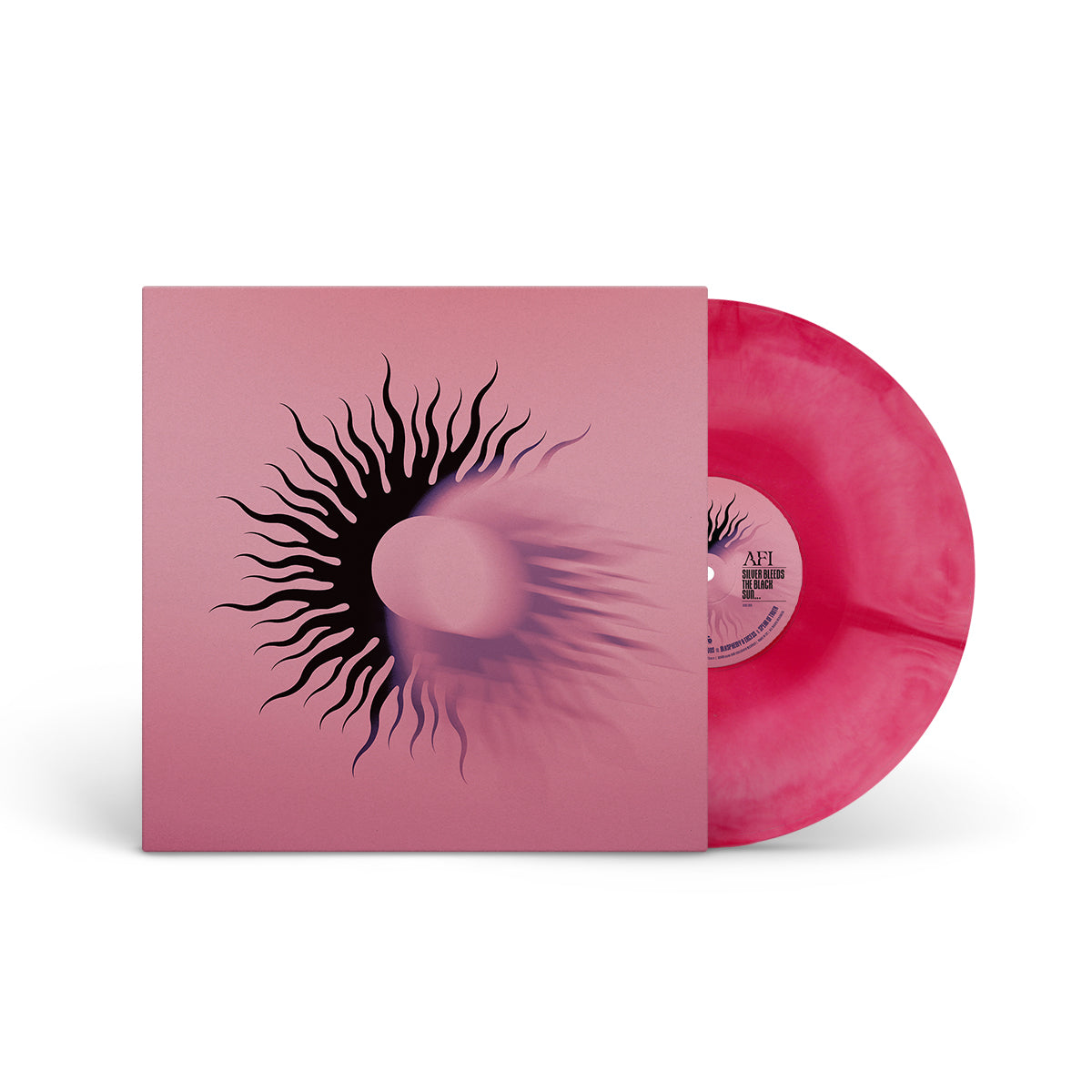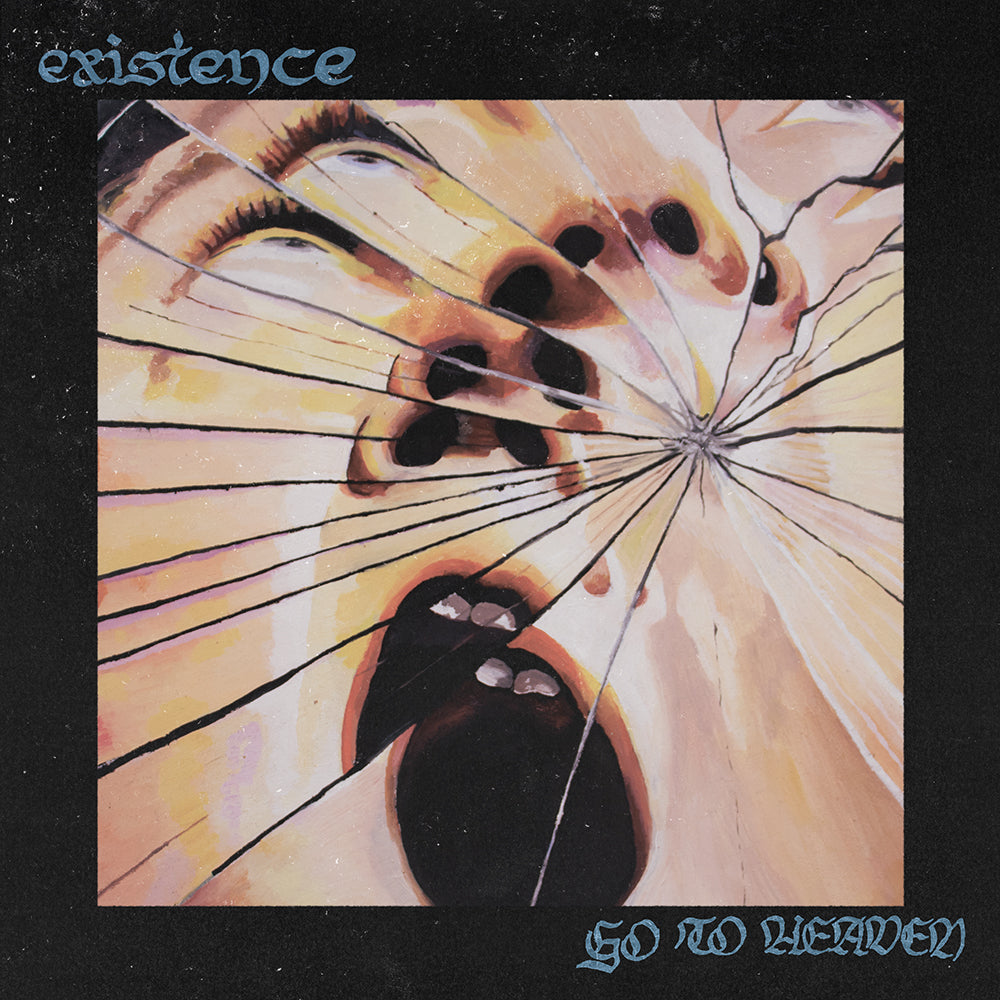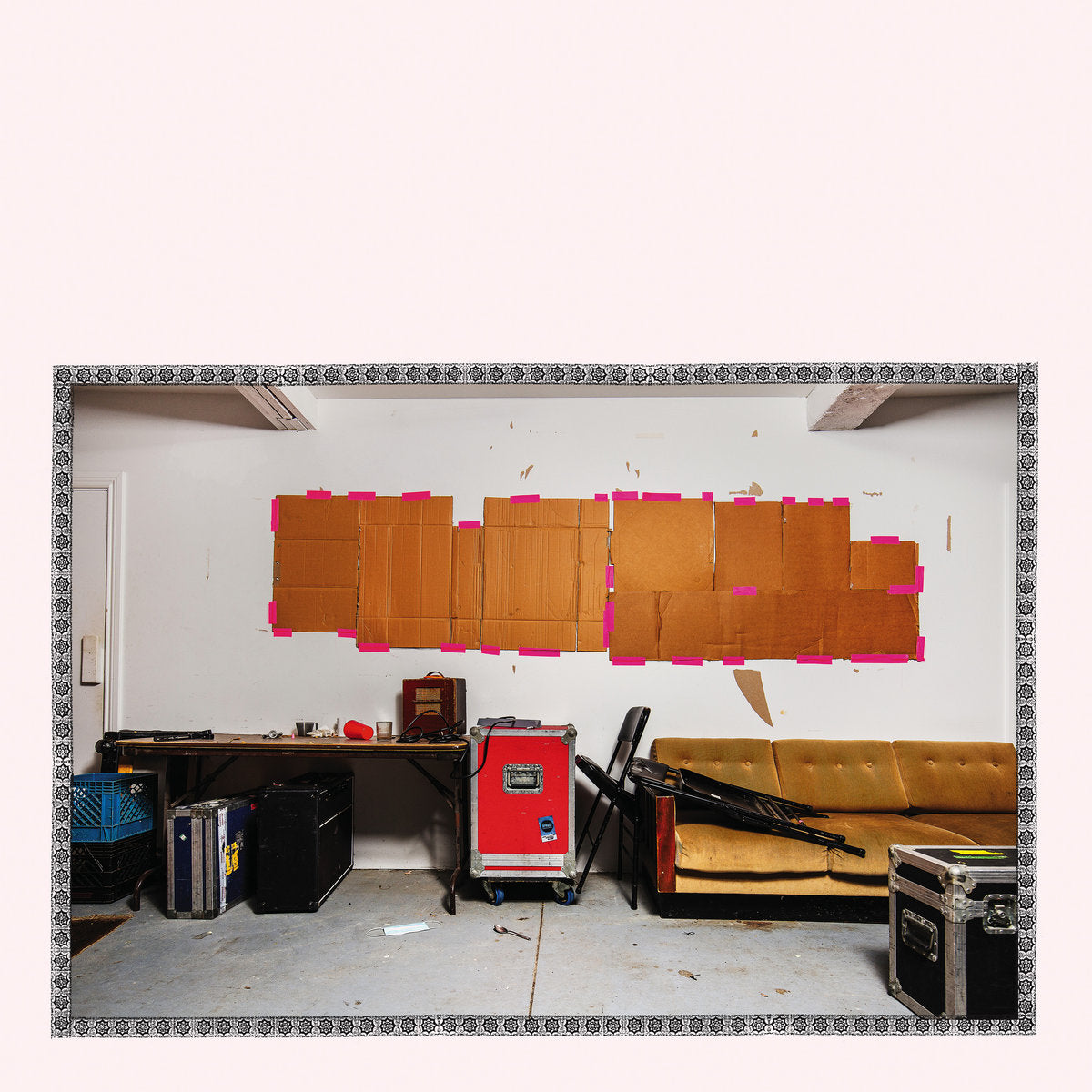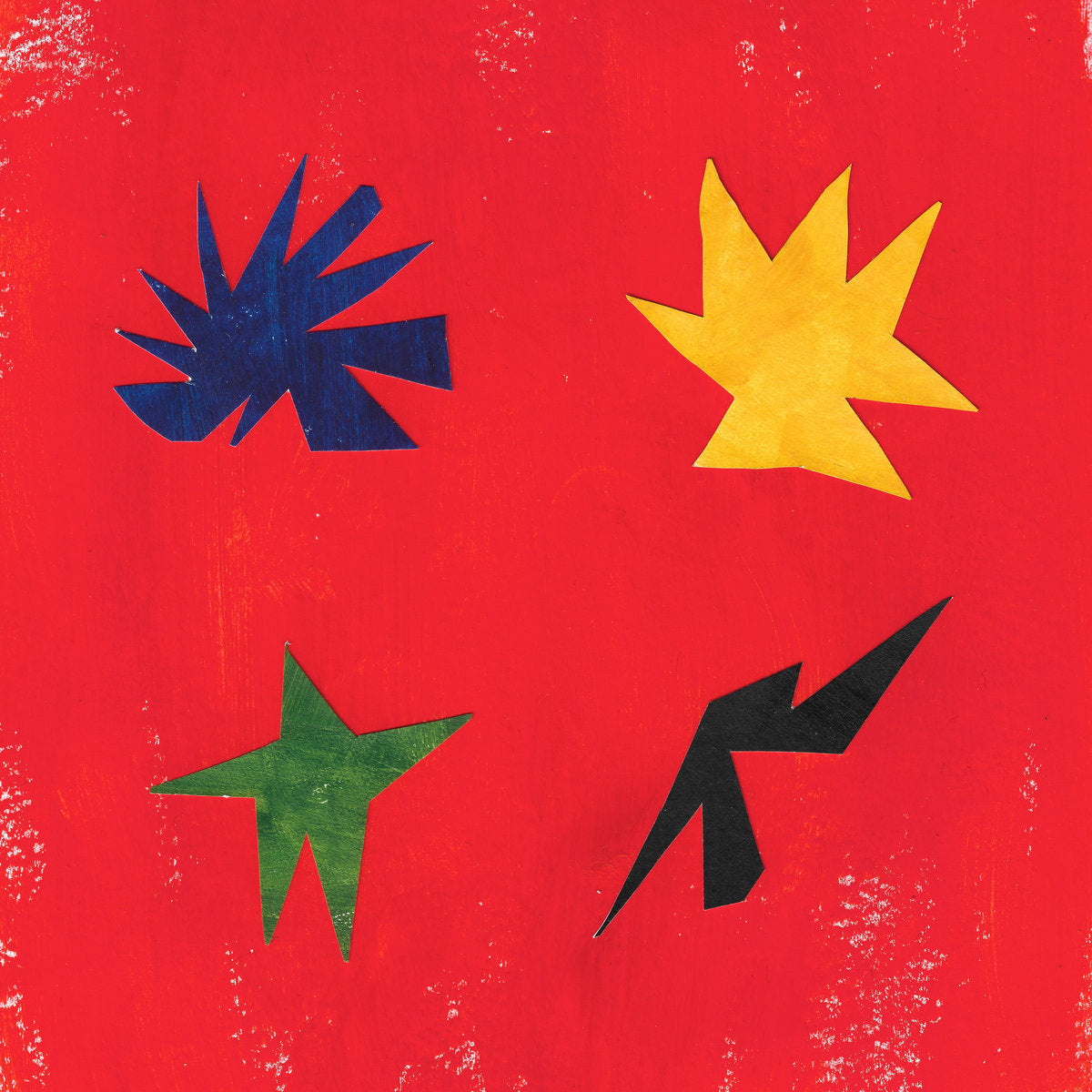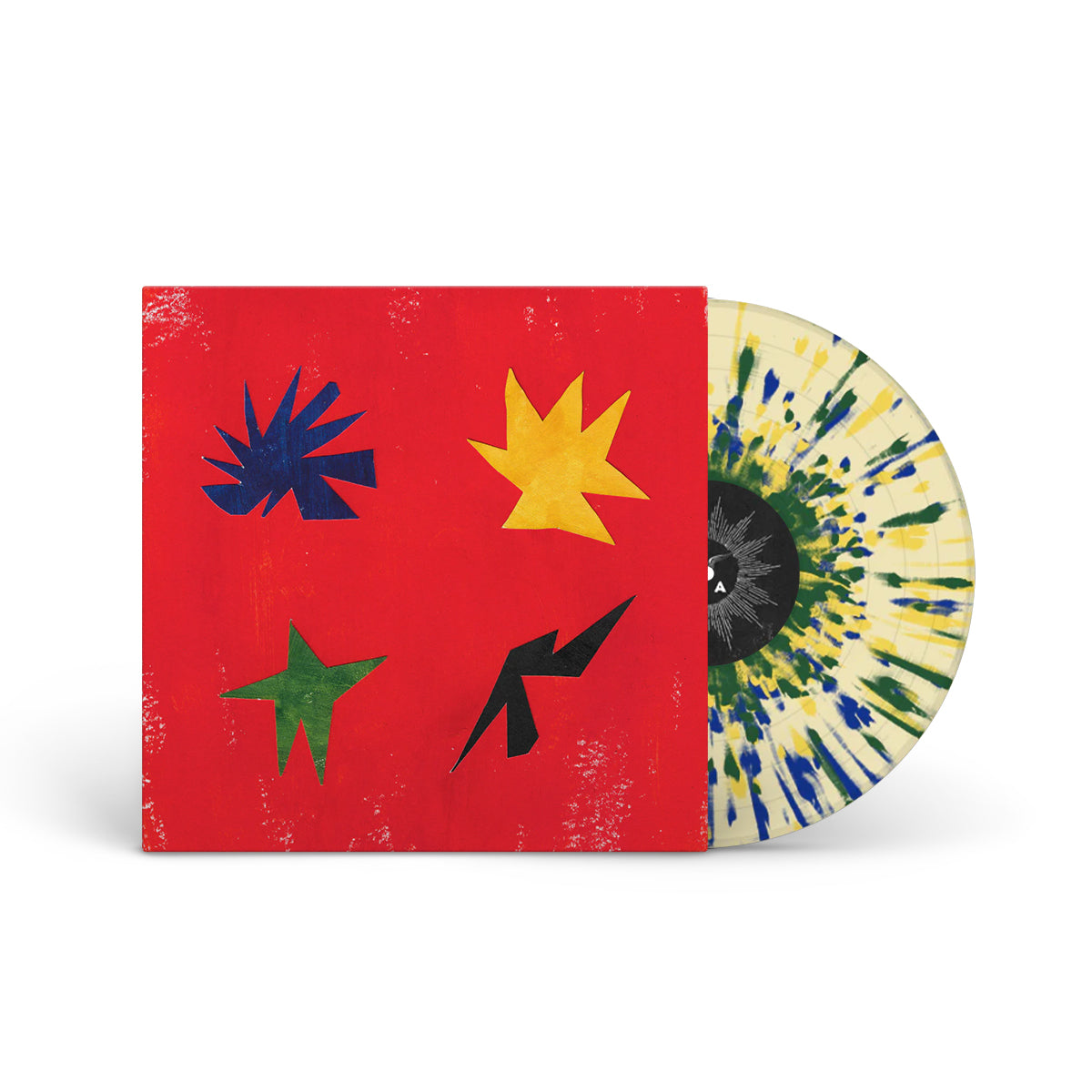
“The goal is always to create a space for a listener to have their own spiritual experience with our music”, says Dan Meyer. Agriculture’s second album The Spiritual Sound does just that – with some of the most gnarly, visceral songs they ever wrote.
Words: Christina Wenig
Whether you want to admit it or not, modern life is guided by a search for meaning – for something bigger than ourselves that guides us through our hardships. As the influence of organized religion is fizzling out in our everyday lives (though perhaps less so in our governments), it leaves a gap, a void in our souls waiting to be filled with something larger than mundane rationality. Agriculture may not offer definite answers or solutions for this dilemma, but for that brief moment in time when The Spiritual Sound blasts out of your speakers, you might feel a bit closer to finding whatever it is you’re searching for.
Since the release of their first EP The Circle Chant in 2022, Agriculture’s “ecstatic black metal” (a term only heretical or provocative to old school reactionaries stuck in an elitist, conformist headspace) has always seemed to strive for something grand, something beyond our reach – without ignoring the realities of our existence or naively revelling in blissful placidity. Because searching for the sublime is not all Kumbaya, as their second album The Spiritual Sound proves more vividly than ever before. The opening track My Garden hits you like a gut punch or a swarm of angry hornets knocking you off your feet. It might be the most sinister, head-spinning and gnarly the four-piece has ever sounded, pounding out massive riffs and bloodcurdling shrieks along the way, only to suddenly throw you for a loop with a melodic chorus that forces you to readjust your entire palette.
Viscerality and RIFFS
All of this happens by design, as singer and guitarist Dan Meyer explains: “I wanted the music on this record to be totally immediate, and I think that intention manifested in different ways across the record. The gestures are bigger, we move between wildly contrasting material on a dime, and there are more capital R RIFFS on this record, as opposed to long and winding melodic passages. I wanted it to feel heavier. The first record was all about looking up – like entering one of those massive Gothic cathedrals in Europe. This record is about closing your eyes and floating in a rough body of water.” Agriculture’s guitar virtuoso and producer Richard Chowenhill adds: “The things that Dan is referring to here are not only important components of this music specifically, but also of our current ethic as performers. Production and composition are important to us, but so is the viscerality of a performance rich in veritas. I want the listener to feel immersed in the world of our compositions, while at the same time able to feel the tangibility of each sonic gesture emerging from our instruments.”
My Garden is only the first of a handful of new songs that twist and wind themselves into dizzying heights, constantly feeling like they’re on the cusp of collapse (not least thanks to the borderline unhinged drumming of Kern Haug), yet still offering some sense of peace – they’re the eye of the storm. As the album moves through states of rage, euphoria, grief, transcendence and turmoil, you realize there’s a certain serenity that can be found through chaos. It washes over you and eradicates everything in its way, leaving nothing but the experience of the here and now. It seems just right, then, that the title track of The Spiritual Sound is a 30-second noisy drone interlude splitting the album in two. “I think just that noise is open-ended. You can take a rest from meaning in noise”, Dan elaborates. “The title track is definitely a moment to rest between the two fairly distinct halves of the album.”
Coexistence vs. connection
These two halves, set apart by their differences in tonality and tempo (just listen to the quasi-shoegaze of Dan’s Love Song, the repeatedly deconstructed heavy groove of Bodhidharma or the stripped-down ballad Hallelujah) epitomize Agriculture’s interest in contrasts, eclecticism and duality. It’s embodied by the fluidity of their songs that flow effortlessly between diverse genres like sludge, blackgaze and indie rock. And, of course, by the vocalist duo of Dan Meyer and Leah Levinson who not only have their differing, distinct delivery styles but also deal with different subjects in their lyrics: Here, Zen Buddhism and historical collapse meet queer history and collective struggles. “I’m not sure that we intended the various lyrical themes we brought into this record to do anything other than sit side-by-side”, Dan states. “I’m very interested in works of art that generate meaning through juxtaposition instead of connection. Like that Yorgos Lanthimos movie from last year that nobody watched or liked, Kinds Of Kindness. I thought it was great, haha. We wanted to make a spiritual record, and that meant that we wrote about various ways that spirit manifests for us. But we’re not making any kind of grand statement about the ‘true nature of spirit’ or something. The goal is always to create a space for a listener to have their own spiritual experience with our music. So, we want to leave meaning open-ended.”
The Spiritual Sound is a space where many ideas meet and coexist. They echo and flow into each other, unbothered by limitations and labels. While many artists dabbling in spirituality state that the music flows through them, that they’re simply a vessel for something greater, that songs just happen, Agriculture have little interest in romanticizing or mythologizing their creative process: It’s a struggle, it forces them to dig deep and confront each other and their egos. “I don’t think struggles are necessary for everybody, but for us they are for sure, haha”, Dan says. “It’s just the way that we have to work to get the songs to the place that they need to be at. It takes hours and hours of trial and error. Because our songs are so all-over-the-place formally, there’s no easy formula for writing a song. We don’t write a lot of verses and choruses in the traditional sense, so it just takes a long time for everything to feel like it’s sitting in the right space.” Richard agrees: “Communication is important but thorough communication is not always quick or easy, and that is where persistence becomes important. As we work on a song, it is filtered through all four members of the band, each with our own set of ethics, playing styles, and compositional perspectives. This takes time and persistence, while everyone makes a case for their ideas, but the results justify the process.”
Spirituality as lived practice
This may be one of the great takeaways from The Spiritual Sound: That experiences of transcendence or the sublime and spiritual enlightenment don’t just happen to you but are something you create yourself – by living a conscious, honest and reflective life, by interacting with the world surrounding you, and, yes, by embracing the struggles you’re confronted with. You don’t necessarily find spirit in any sort of church or a rigid belief system but in the little ordinary moments and rituals of everyday life you build and share with your friends, your pets, your chosen family and your community. Or, of course, with your band. Whether it be self-discovery through writing or the practice of connecting and building community through live experiences, the spiritual potency of music is not lost on the band. “There is something so powerful about being in the middle of a set, playing this really intense music, and looking up and feeling the pure energy that is being transmitted between the four of us on stage, and then looking out to the audience and feeling the symbiotic transmission of energy with them as well”, Richard explains.
“Spiritual practice, to me, is all about persistence, rigor, humility and connection. Playing in a band does a lot of those things”, Dan agrees. “Agriculture just feels like this infinite vehicle where I can write literally anything and we will figure out a way to make it work. And because of how intensely we can play, it feels appropriate to write explicitly spiritual music for this band in a way that it wouldn’t in an indie rock band or something. The live shows are the main source of spiritual catharsis. We can really feed off of the energy of an audience and sometimes it feels like we’re really making something special happen.”

